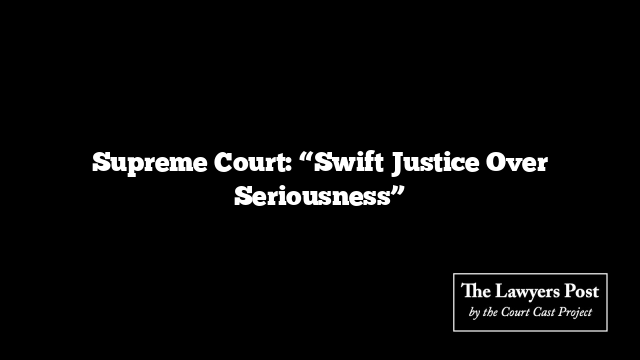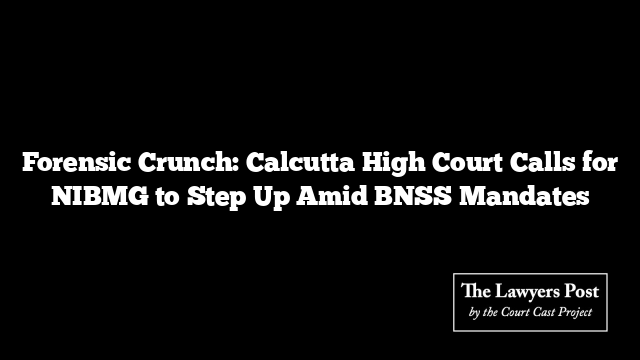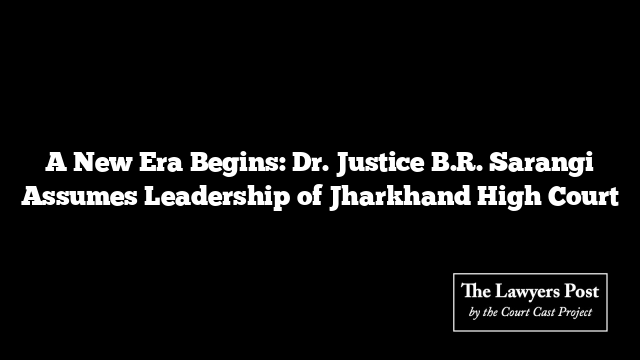In a pivotal ruling, the Supreme Court underscored that the gravity of an alleged crime cannot overshadow an accused’s fundamental right to a speedy trial. This landmark decision emerged from the case of Javed Gulam Nabi Shekh v. State of Maharashtra, where the Court lambasted the National Investigation Agency (NIA) for delaying the trial in a counterfeit currency case.
A vacation Bench, comprising Justices JB Pardiwala and Ujjal Bhuyan, observed that the accused had been imprisoned for four years without trial. On July 3, the Court granted bail, emphasizing the right to a speedy trial under Article 21 of the Constitution of India.
The Court’s order was unequivocal: if the State or prosecuting agency lacks the capacity to ensure a swift trial, they should not oppose bail on the grounds of the crime’s seriousness. The seriousness of a crime must not interfere with the accused’s right to timely justice, the Court reiterated.
This rebuke came after the NIA’s handling of a case where the accused had been detained based on secret documents leading to the discovery of counterfeit currency allegedly from Pakistan. Despite the gravity of the charges, the Court highlighted that the prolonged detention without trial violated the accused’s constitutional rights.
The ruling further criticized the prosecuting agency’s conduct, noting the accused is presumed innocent until proven guilty—a cornerstone of criminal jurisprudence. The Court’s decision to grant bail was influenced by the four-year delay in trial proceedings, with charges yet to be framed and a lengthy witness list pending.
Setting aside the Bombay High Court’s earlier denial of bail, the Supreme Court imposed conditions on the accused, including regular appearances at the NIA’s Bombay office. This decision serves as a stern reminder to prosecuting agencies about the primacy of an accused’s right to a speedy trial, irrespective of the crime’s seriousness.





